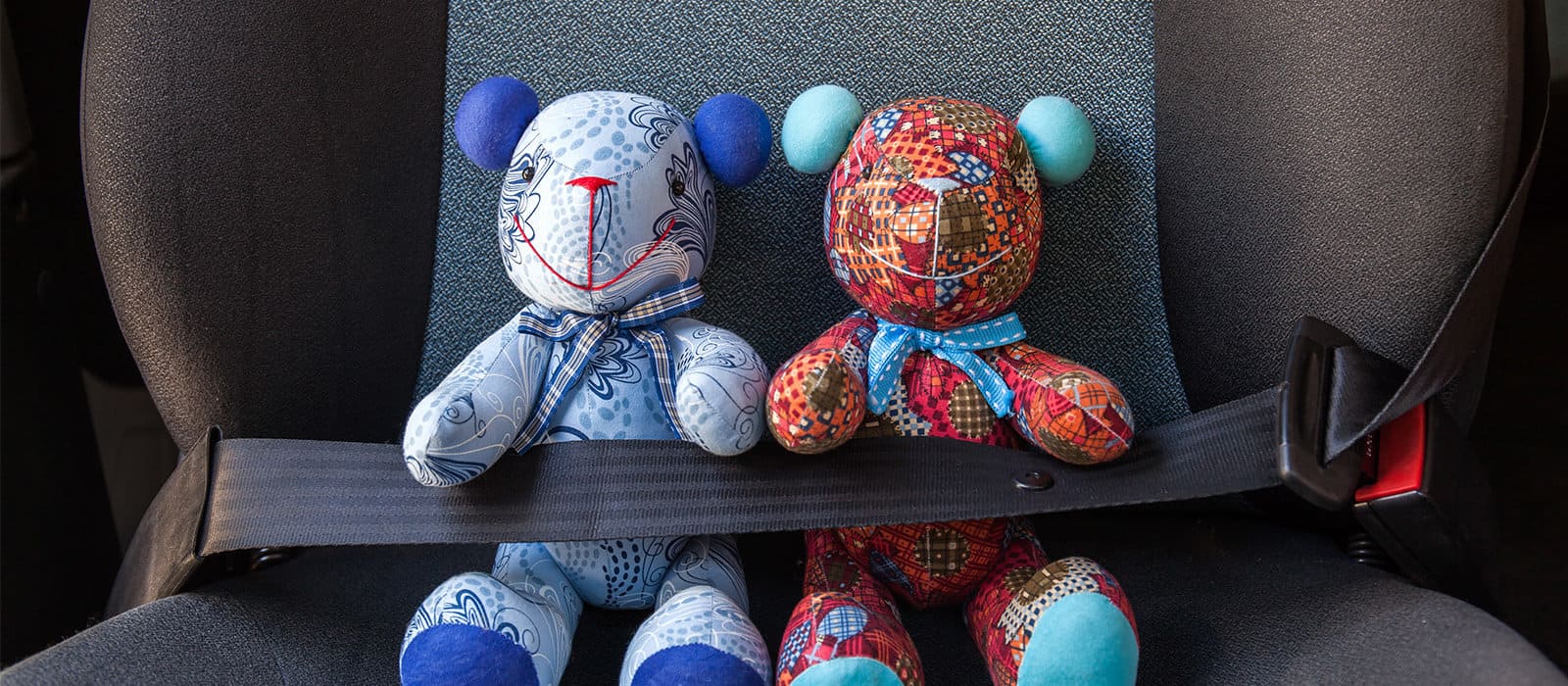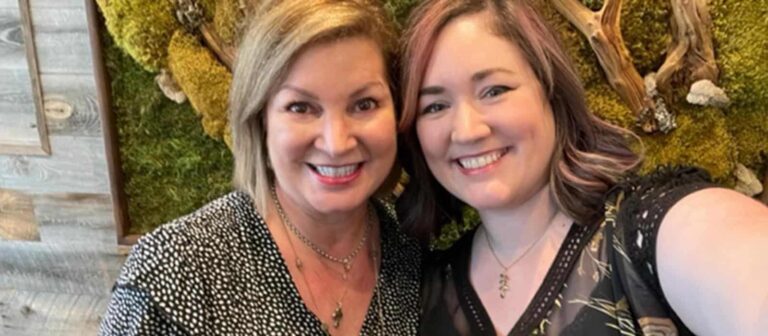Prepared in All Things
There was a time when our mothers cautioned us not to talk to strangers before pushing us gently out the door into the fresh air to play.
The world has changed since then. A lot.
Threats to the physical, mental, and emotional safety of all age groups proliferate at an alarming rate. As a rule, the most shocking are the heinous crimes against innocent children. Uvalde. Sandy Hook. Teenagers at Columbine and Parkland. All ages at a Baptist church in Texas, at a supermarket in New York, at a restaurant in Tennessee, at a medical office in Oklahoma.
And those are only shootings. Human trafficking is the second largest criminal “business” in the world, with 88 percent activity conducted online.
5.6-million children are bullied, putting them at an increased risk of suicide. That’s also true for the 42 percent of teens who engage in sexting, five times more likely to be found dead by their parents. By suicide.
Have you heard of “sextortion,” another growing threat to children? Suicide, a word unknown to a child 30 years ago, is now the second leading cause of death for ages 10-25. Kidnapping. Robbery. Rape. Domestic violence. And more.
Today, children and adults need to avoid more than not talking to strangers. They also need a keen awareness of their surroundings, which is the critical key to disarming many of these threats before they cause grief.
Brian Searcy, a retired Colonel in the U.S. Air Force, devotes himself to teaching people the principles of Situational Awareness.
“It was after the Parkland shooting in Florida when I realized society and its many connected law enforcement agencies are all addressing the symptoms of problems, but not the problems themselves. More than 95 percent of the bad things that happen can be prevented through Situational Awareness. It’s a natural gift we all have but we’ve forgotten, or never learned, how to tap into it and listen.”
Searcy founded Paratus Group in 2019. He is the President, and his vision is to “redefine how safety is learned in order to make schools, churches, workplaces, and communities as safe as possible.”
The Paratus programs loosely translated Latin for “always ready” or “prepared for all things,” are designed for teachers and school staff, church faculty and congregation, on-site volunteers, business teams and organizations, parents, students, and first responders.
Part of the guiding premise is the threats are becoming greater and more widespread. More than 95 percent of them can be prevented from materializing, but we’ve obviously not learned the most effective methods of prevention because they’re still happening with greater frequency. The process for teaching prevention and safety, then, must be altered.
The Paratus Group program aims to train citizens as first responders in taking responsibility for their own safety, for their families, and for their communities. This is done by learning what Situational Awareness is and the 10 skills that support it, the threats we all face, and the way to implement the personal habits, behaviors, and mindset required to deflect the threats.
The 10 skills needed for Situational Awareness are self-awareness, perceptiveness, ability to listen, to think critically, to learn easily, to develop perspective, to be decisive, to communicate, to be empathetic, and humble.
The Situational Awareness developed through the 10 skills allows us to process a situation in five steps: Identify, Assess, Predict, Decide, Act. We become empowered to prevent a threat and/or respond to it, if required, within our individual range of capability; to identify changes in someone’s behavior that impact mental health and wellness (and possibly lead to a mass shooting); to recognize learning opportunities to improve as leaders in shaping culture and behavior.
“The Paratus program develops ingrained habits and behaviors through five minutes per day of content, five days per week, for the first 90-days in the 12-month course,” Searcy said. “After the introduction and the first 90-days, new four-minute content based on real world events arrives weekly. Reinforcing the learning and development of the 10 skills is the focus of the final nine months.” This is how Situational Awareness, with all its components, becomes a daily behavioral habit.
It’s also how we begin eliminating 95 percent of the bad things happening in today’s world, and forever dry the river of tears.







